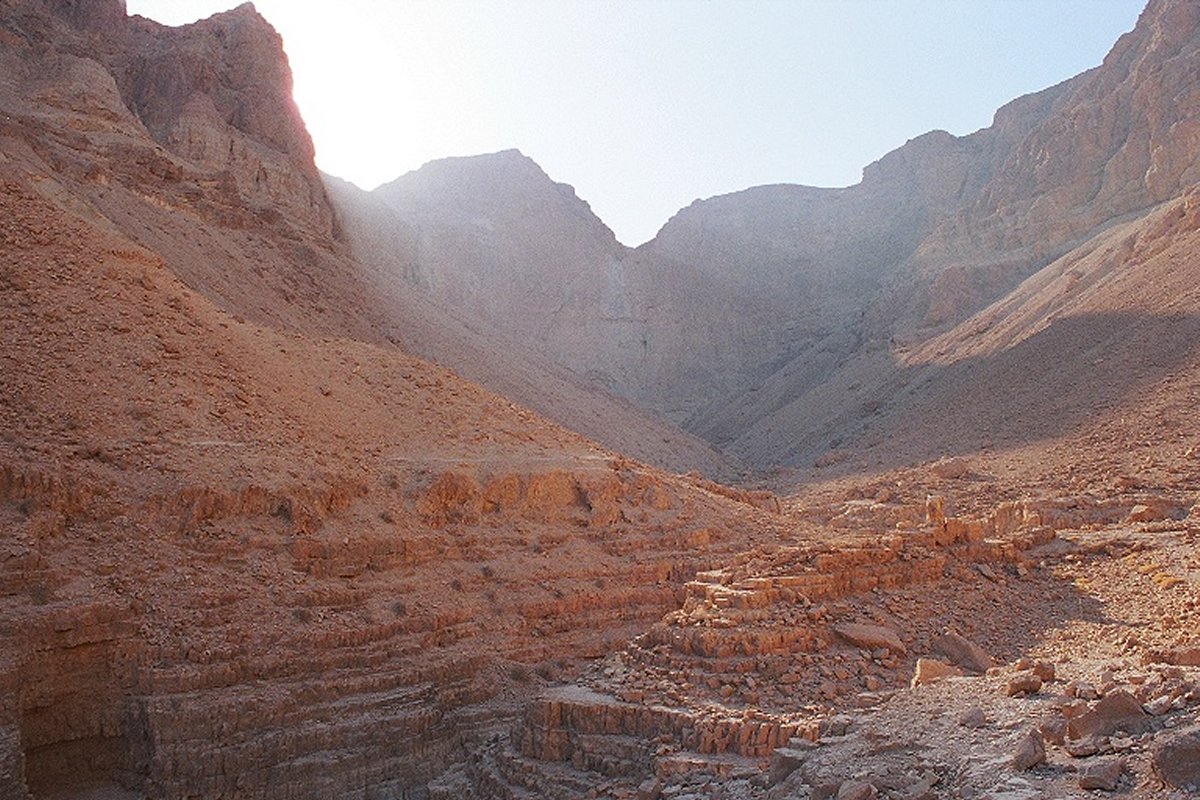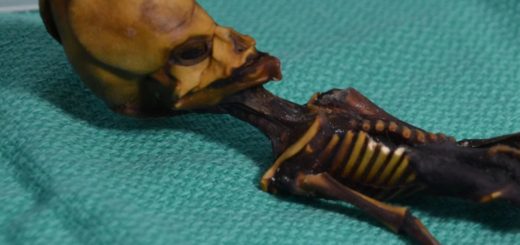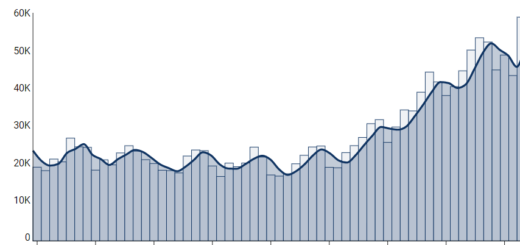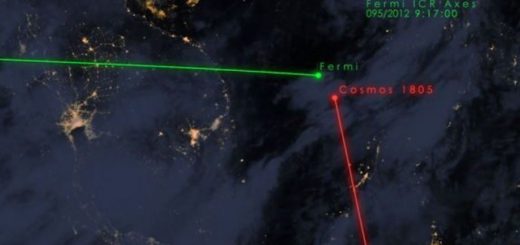New Surprising Dead Sea Scrolls With Never-Before-Seen Language Discovered
– The mysterious Dead Sea Scrolls have long fascinated archaeologists, historians and Biblical scholars.
First discovered in West Jordan in 1947, near the ruins of Qumran, these ancient scrolls have delivered more surprises than expected. Now, new fragments have been unearthed and they seem to contain a never-before-seen language.

When the first Dead Sea Scrolls were found, preliminary analysis showed the texts belonged to the Essenes, member of a religious sect or brotherhood that flourished in Palestine from about the 2nd century BC to the end of the 1st century AD.
However, a later review of these results has raised additional questions related to the scrolls, considered one of the greatest archaeological events of the twentieth century.
In 2016, more than 25 previously unpublished “Dead Sea Scroll” fragments, dating back 2,000 years and holding text from the Hebrew Bible, were brought to light, with their contents detailed in two new books.
The various scroll fragments record parts of the books of Genesis, Exodus, Leviticus, Deuteronomy, Samuel, Ruth, Kings, Micah, Nehemiah, Jeremiah, Joel, Joshua, Judges, Proverbs, Numbers, Psalms, Ezekiel and Jonah.
As scientists continued to examine the ancient scrolls with help of sophisticated technology, it became possible to scan the scrolls and reveal letters and words that were previously illegible. So far, about 80 percent of the fragments have been scanned.
According to one study, the Dead Sea scrolls revealed that Noah’s Ark was pyramid-shaped.
Now, archaeologists have announced they have found new fragments of Dead Sea scrolls in the Cave of the Skulls by the Dead Sea in Israel. The fragments are very tiny and the writing on them is too faded to make out without advanced analysis.
Scientists say that at this stage it is impossible to determine if they are written in ancient Hebrew, Aramaic or another language.
“The most important thing that can come out of these fragments is if we can connect them with other documents that were looted from the Judean Desert, and that have no known provenance,” says Dr. Uri Davidovich of the Hebrew University of Jerusalem, among the scientists investigating the caves.
There is a chance they contain an unknown dialect.
Without further studies it is impossible to say what language we are dealing with. What is especially interesting and exciting is that there can still be many undiscovered scrolls in the cave.
“We have all the reasons to believe that there are still scrolls hidden.
Several documents from the Roman times and even from the Iron Age have surfaced in recent years in the antiquities market. They must have originated in the Judean Desert caves,” Dr Uri Davidovich said.



 Creators of mankind
Creators of mankind Description of “Tall white aliens”
Description of “Tall white aliens” Where they came from?
Where they came from? About hostile civilizations
About hostile civilizations The war for the Earth
The war for the Earth “Tall white aliens” about eternal life
“Tall white aliens” about eternal life Video: “Nordic aliens”
Video: “Nordic aliens” Aliens
Aliens Alien encounters
Alien encounters The aliens base
The aliens base UFO
UFO Technology UFO
Technology UFO Underground civilization
Underground civilization Ancient alien artifacts
Ancient alien artifacts Military and UFO
Military and UFO Mysteries and hypotheses
Mysteries and hypotheses Scientific facts
Scientific facts


















